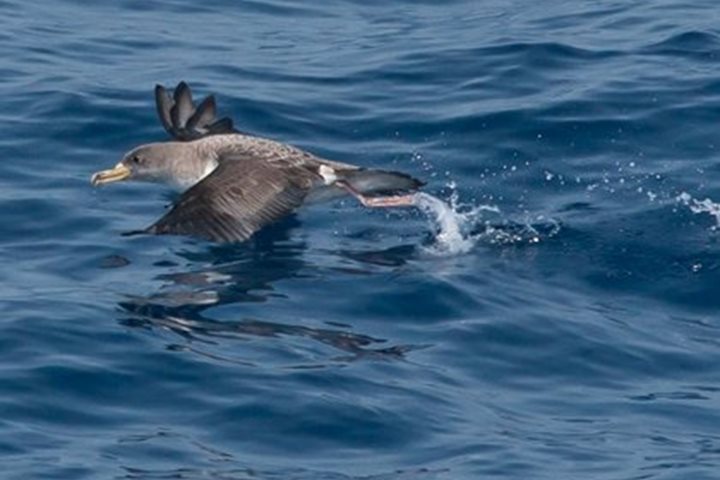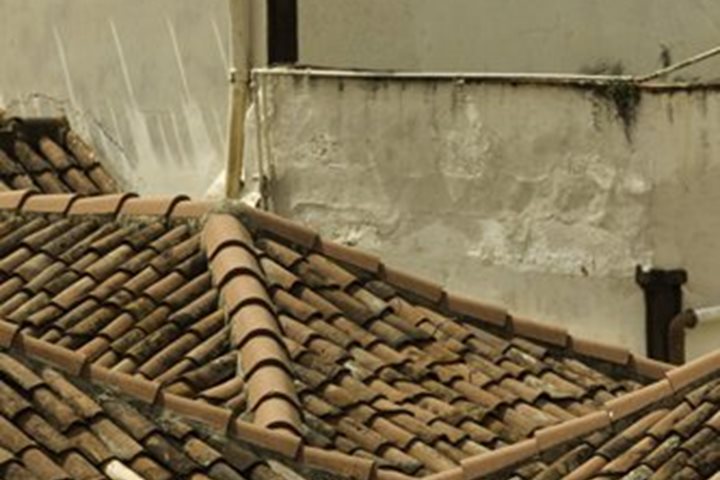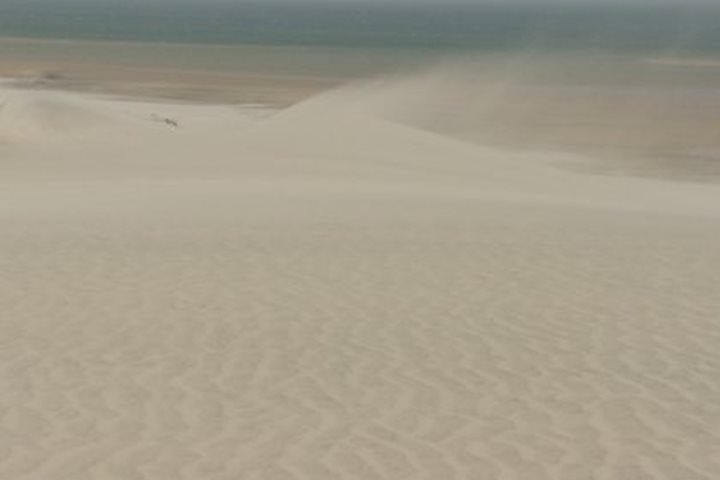Freetown, Sierra Leone
Lion Mountains, aka Sierra Leone, was discovered by Europeans in the 1400s. Why, however, a country lacking lions earned this name is still up for debate. One thing that is certain however is how its capital city, Freetown, earned its title. Following Britain’s abolition of slavery in 1807 many well-meaning British philanthropists felt it was only right to release slaves who had helped England and America during their time of enslavement. In the most simplified of explanations Freetown became the name of the location decided on to return freed slaves to their “homeland.” Some slaves did indeed come from Sierra Leone originally but, as one would assume, slaves were taken from many parts of Africa and Freetown quickly became a melting pot of many different cultures.
Despite a very recent history of violent civil war it is easy to see how, at one time, this was a very popular tourist destination. With a verdant backdrop to balance its white sandy beaches and a splash of color from the multitude of brightly painted fishing boats, Sierra Leone has the potential to remake itself once again. As a result, our visit was much like yesterday’s visit to Monrovia, as it seemed our presence was a beacon of hope that things in the country are on the mend. Despite the recent bloodshed that was witnessed by young and old alike, the number of smiles and waves we received on our outings today was amazing.
With groups spreading out from the capital city of Freetown to places like Guma Dam in search of the yellow-headed picathartes (ask a birder!), to groups looking for secluded, white sand beaches in hopes of relaxation, to groups staying within the city limits for concentrated cultural history, all returned with stories of friendliness. Whether it be the Sierra Leoneans’ innate kindness or their enthusiasm for having tourists in their country again is hard to say but I’m still icing my arm as a result of all the waves and handshakes dished out today. It is truly a refreshing sight to see a population with 75% unemployment so eager to smile.
Those interested in the quiet side of Sierra Leone headed 50 km southeast out of Freetown this morning destined for a placed called John Obey Beach. This stretch of pristine coastline was made so through the efforts of a group of volunteers dubbed Tribe Wanted. Led by an industrious South African named Mark, Tribe Wanted has turned to the local community to help build an eco-tourism destination geared towards clean beaches that foster a healthy marine habitat, sustainable foods and building materials, and utilizing the local community to spread the message. A small group of us spent the vast majority of our day between Tribe Wanted and the local fishing village right next door.
After learning how volunteers and locals build the unique adobe-style huts currently under construction for their eco-tourists, we strolled 200 meters down the beach to the neighboring fishing village to get an intimate look at their world. From men at work mending fishing nets, to women smoking fish in their smokehouses, to gaggles of children climbing all over us, to the 80-degree waters lapping at our feet, we could not have asked for a more bucolic slice of the country. One can only hope the rest of Sierra Leone shares the smiles and kindness all of our groups received today.
If our day wasn’t full enough we had one last surprise this evening. Jacob Edgar, our resident musicologist, made some magic happen as he was able to bring aboard a band he has had on his label for years. The Sierra Leone Refugee All Stars – a group that has traveled the world playing music, had documentaries filmed about them and of course have a fantastic reggae sound – were able to join us aboard for an evening concert. It would be enough of a thrill to hear them live anywhere in the world but to host them in their own country was truly something special.






